Izmir is facing significant air pollution challenges, with particulate matter and nitrogen dioxide levels surpassing national safety limits in multiple districts. Experts warn that pollution levels pose health risks, particularly for vulnerable groups such as children, the elderly and individuals with chronic illnesses.
According to Selma Akdoğan, Technical Officer at the Izmir Branch of the Chamber of Environmental Engineers under the Union of Chambers of Turkish Engineers and Architects (TMMOB), the annual average concentration of PM10—airborne particles smaller than 10 micrometers—has exceeded national limits in Karabağlar, Karşıyaka, Kemalpaşa, Menemen, Ödemiş and Torbalı.
Air pollution in Izmir is exacerbated by a combination of industrial emissions, household heating in colder months and poor urban planning. Akdoğan highlighted that the destruction of green spaces and unregulated construction reduce natural air circulation, leading to stagnant and polluted air. Additionally, industrial facilities in Aliağa and other regions surrounding the city contribute significantly to the declining air quality.
Data from Türkiye’s Ministry of Environment, Urbanization and Climate Change indicate that PM10 pollution exceeded national limits for 164 days in Menemen, followed by 75 days in Karabağlar and 64 days in Ödemiş. Compared to World Health Organization (WHO) air quality standards, these figures point to severe pollution concerns.
In addition to particulate matter, nitrogen dioxide (NO2) levels have exceeded national limits in Karşıyaka, Konak and Torbalı. Akdoğan emphasized that improper demolition processes release hazardous pollutants, including asbestos, necessitating stronger enforcement of environmental regulations by municipalities and relevant ministries.
Akdoğan urged authorities to expand air quality monitoring efforts by increasing the number of measured pollutants and ensuring continuous, reliable data collection. Currently, Izmir has 22 air quality monitoring stations, but the scope of measurements remains limited. She also recommended that individuals, particularly those at higher risk, wear protective masks when pollution levels are high.
Environmental experts stress that, without immediate intervention, air pollution in Izmir could continue to pose a growing threat to public health.

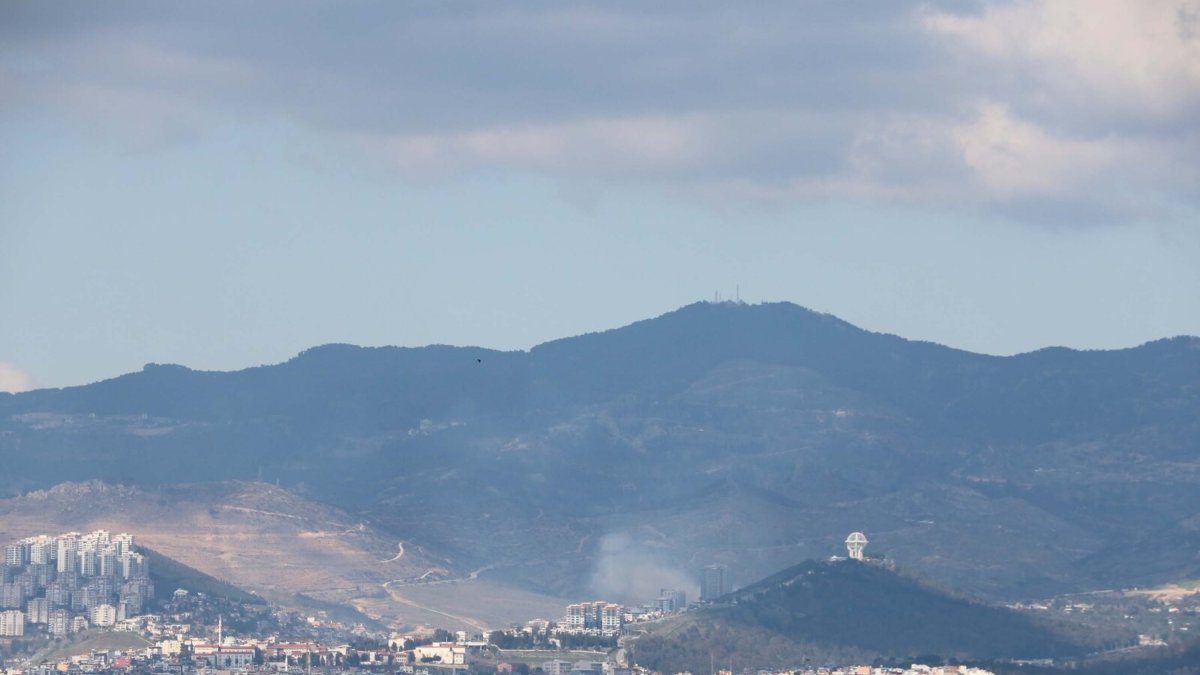
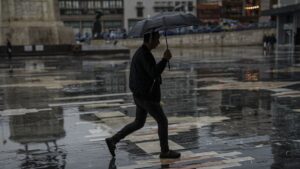




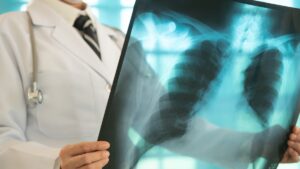







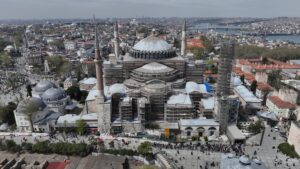


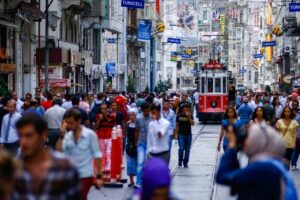
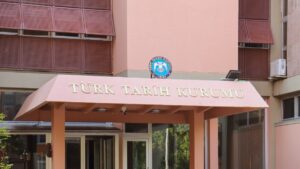




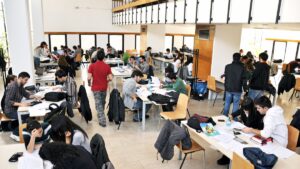



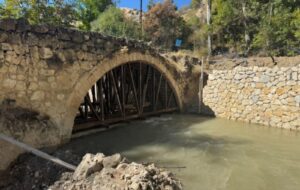

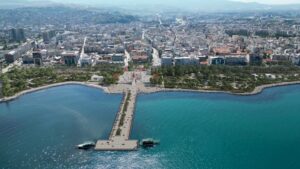

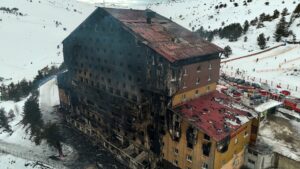

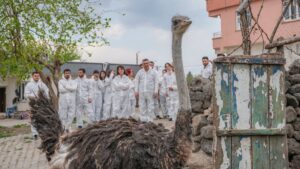

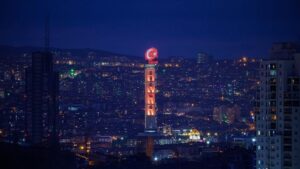




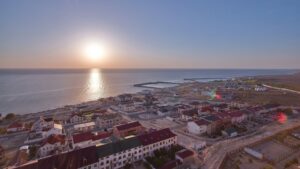
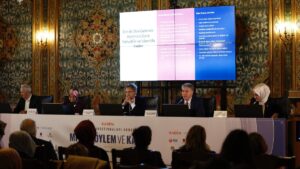

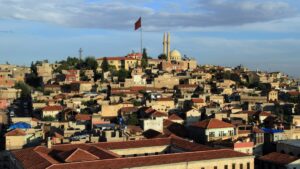
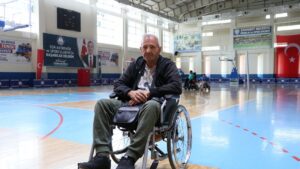






Be First to Comment